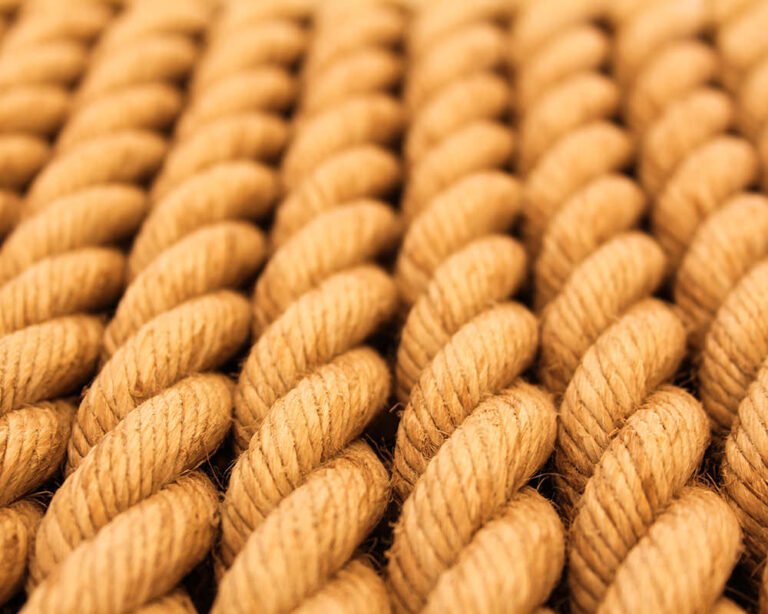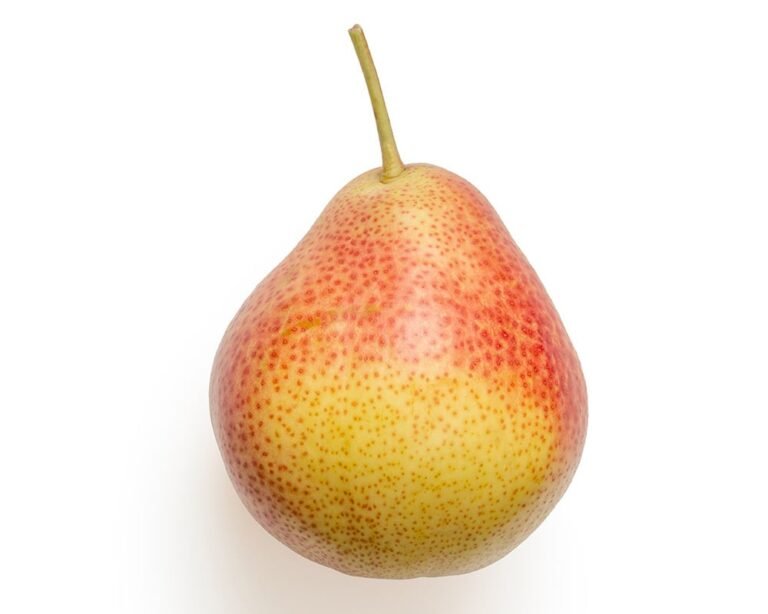Avoir du pain sur la planche
This expression means to have a lot to do, or to have numerous tasks to accomplish. But this expression originally meant to have resources for the future, or to be assured of lacking for nothing. That’s because before the start of the 20th century, French bread used to last a long time. Then, as people became used to buying bread daily from the bakery, they would see the baker with lots of loaves lined up ready to sell. The implication being that he still had a lot of work to do. The literal meaning of the expression is “to have some bread on the board.”





